Quality temperature monitoring systems are the unsung hero of the hospital. These data loggers are central in maintaining the day-to-day operations of medical facilities nationwide. Empowered by real-time monitoring of environmental conditions, building managers, food safety officers and laboratory technicians can ensure perishable goods are safely chilled and stored.
The slightest degree of variance in temperature readings can be the difference between life-saving medications and ineffective or – even worse – compromised pharmaceuticals.
What are the applications for wireless temperature monitoring?
Temperature data is an important consideration for every room and function in a hospital.
Facility Indoor Air Quality (IAQ)
Assessing humidity levels and other IAQ parameters in patient waiting, treatment and recovery areas have two applications. The first is to create the ideal environmental conditions for minimising the spread of infections. This involves maintaining cool indoor conditions to minimise bacterial growth and improving ventilation to reduce the risk of airborne illness. The second application is in maintaining visitor comfort levels. Temperature and relative humidity play an important role here.
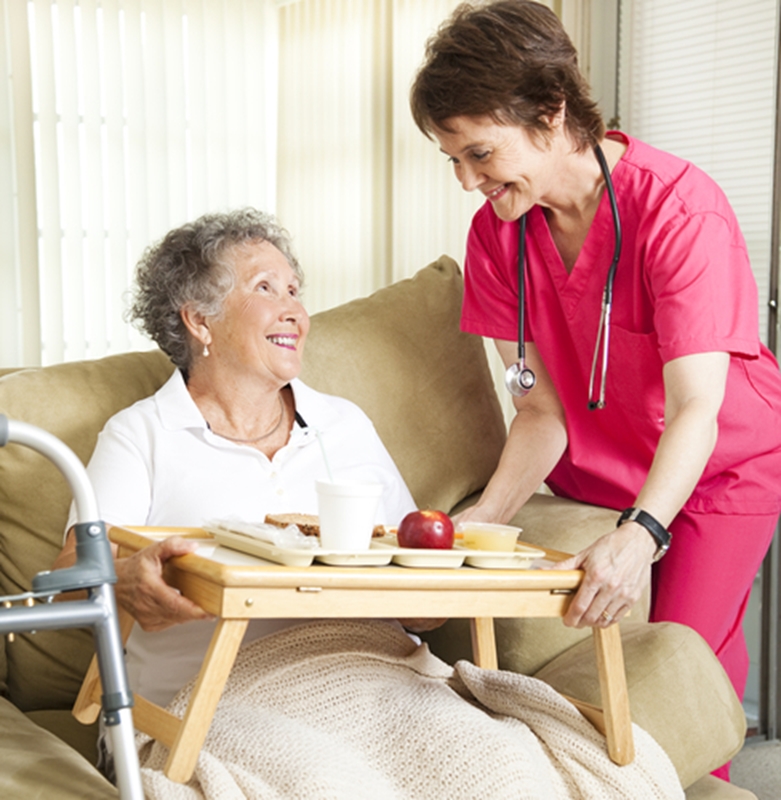
Food safety monitoring
Food produced in medical facilities is held to the same high safety standards as other Australian hospitality businesses. However, hospital canteens have the added challenge of maintaining food quality with sick patients and potentially contaminated visitors around. Real-time data monitoring of preparation and storage ensures perishable goods are compliant with temperature and humidity conditions established in the ANZ Food Standards.
Pharmaceutical products safety
A number of medicines and bio materials like blood and organs require cold storage. A World Health Organisation technical report specifies that data loggers, accurate to within 0.5 degrees Celsius, need to be installed in all cold rooms and freezers used to store time- and temperature-sensitive pharmaceutical products. This stringent precaution reduces a lot of the risk to human health from compromised medications.
The role of temperature in safely storing hospital stock
Australia's National Safety and Quality Health Service (NSQHS) support hospitals nationwide to improve how they store perishable medications. The organisation offers a range of guidelines for facilities to work towards the NSQHS goal of better goods management, earlier detection of issues and dedicated action plans in case of failure.
These regulations cover elements such as workforce training, process management and storage equipment audits – but they also mention the role of temperature and humidity data loggers. The guidelines specify that such instruments are important when monitoring medicines that require storage between two and eight degrees Celsius as any variance outside of this range can compromise stock. These instruments include both temperature monitoring systems for individual refrigerators and for checking a room's environmental conditions that could affect pharmaceutical goods' transport and storage.
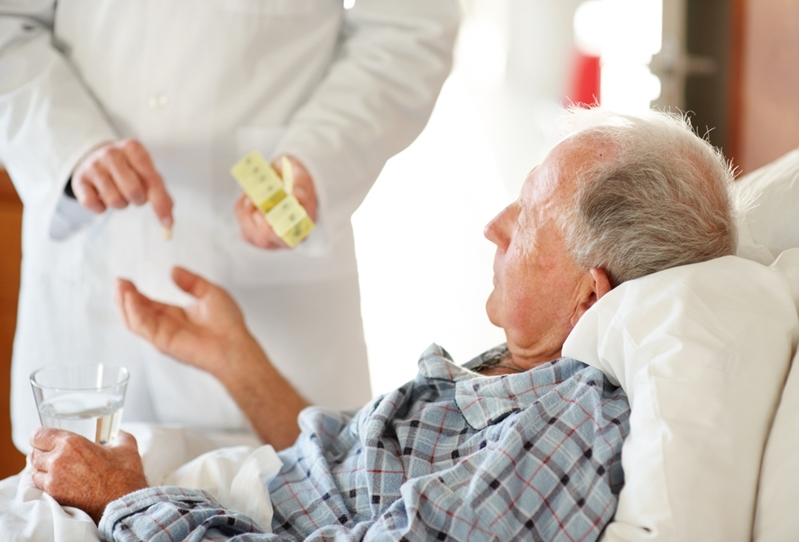
Unsafely stored medicines will expire and lose their potency – disastrous for a hospital. However, this risk is not as potentially damaging as medications' chemical or physical structure changing once exposed to conditions outside of a safe temperature range. For example, certain pills disintegrate if left outside of chilled conditions for too long. This can cost a hospital thousands in wasted stock.
Bio materials left outside of compliant temperature conditions are equally at risk of damage. Blood left at room temperature will clot, which is extremely dangerous when used in blood transfusions and useless for research purposes. Regularly checking environmental and storage temperatures is therefore critical to medication quality and compliance.
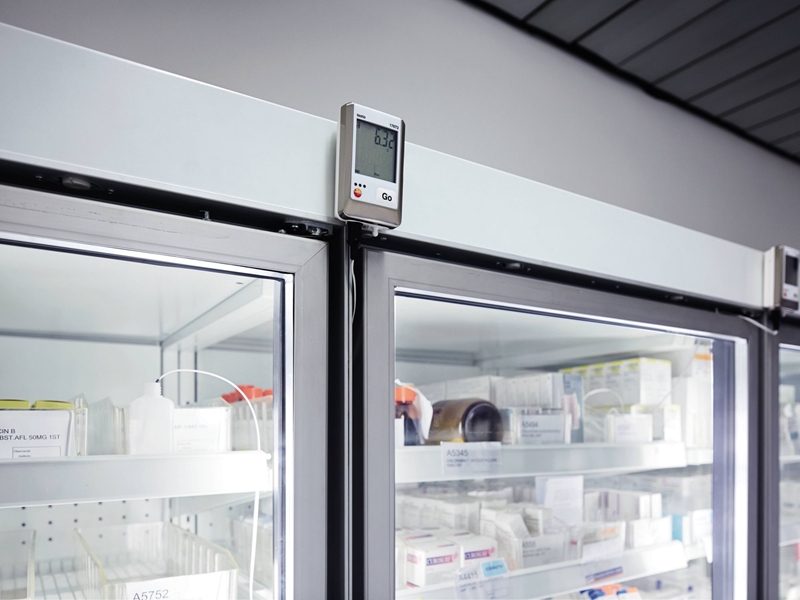
Testo's Saveris data logger solution for healthcare facilities
The testo Saveris measurement data system was developed to face the modern challenges of temperature monitoring in hospitals' medical freezers and temperature-controlled rooms. Features include:
- Additional external probe sensors: Wireless temperature monitoring of laboratory or cold rooms storage areas is just one part of the wider health assurance picture. Assessing individual chillers or transport containers feeds back into quality compliance too. Technicians can link external sensors and probes to Testo's Saveris, ensuring all temperature and humidity data is stored in one place.
- Continuous environmental condition monitoring: It can only take a few minutes for a refrigerator to break down and spoil a batch of blood samples. The testo Saveris offers facility managers and laboratory technicians ongoing insight into storage conditions through an alarm system connected to a mobile device or tablet. If temperature readings fall outside of set parameters, the relevant people will be notified and can move any stock in chilled storage elsewhere to prevent damage.
- Automated report management: Providing proof of safe medication storage conditions is an important NSQHS requirement. Testo's Saveris automates temperature data logging and collation and reduces the need for manual reporting – it's all done within the solution instantly.
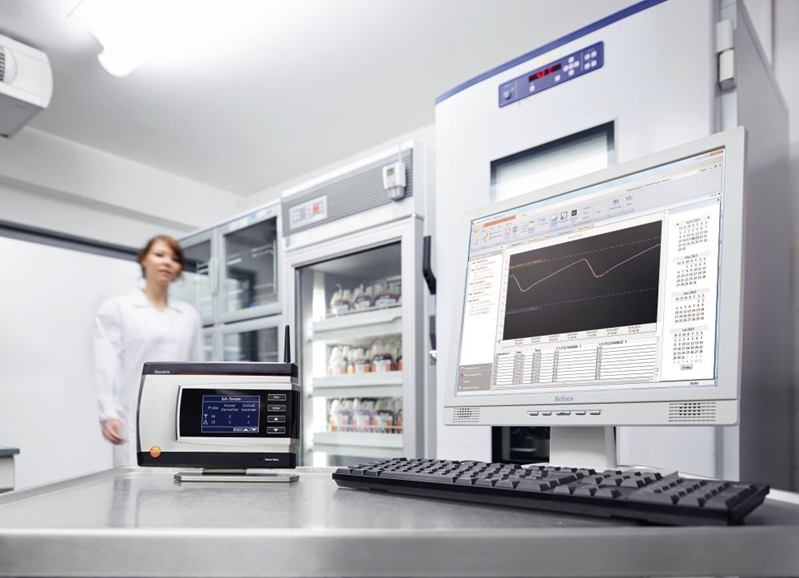
Without precise temperature monitoring in hospitals, Australia's medical system would collapse under a wave of compromised medicines and spoiled bio materials. This wouldn't just affect healthcare now – without access to perishable bio samples and compounds, research and development of new medications would be imperiled too. For more about healthcare data loggers, contact the Testo team today to speak about our Saveris solution or request a quote.



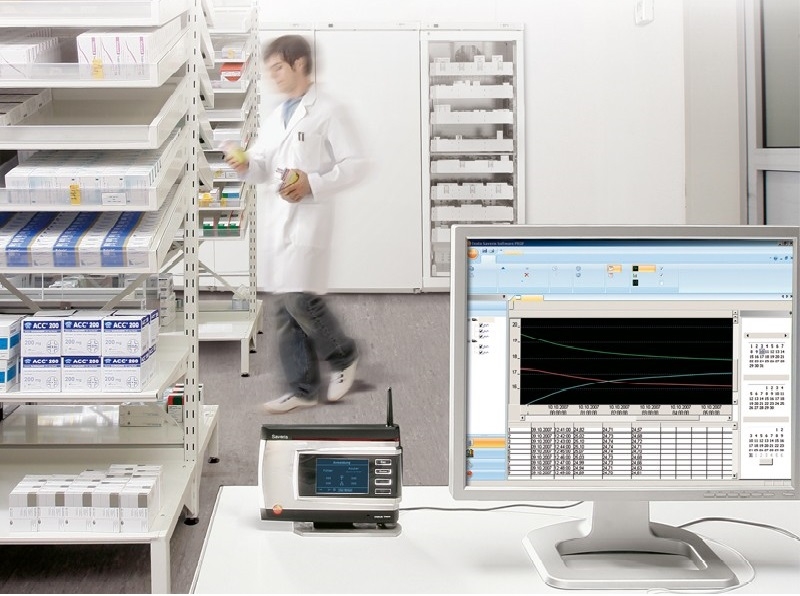
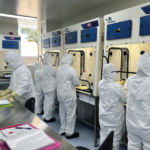

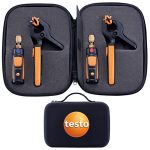
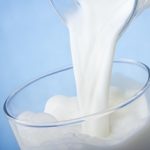

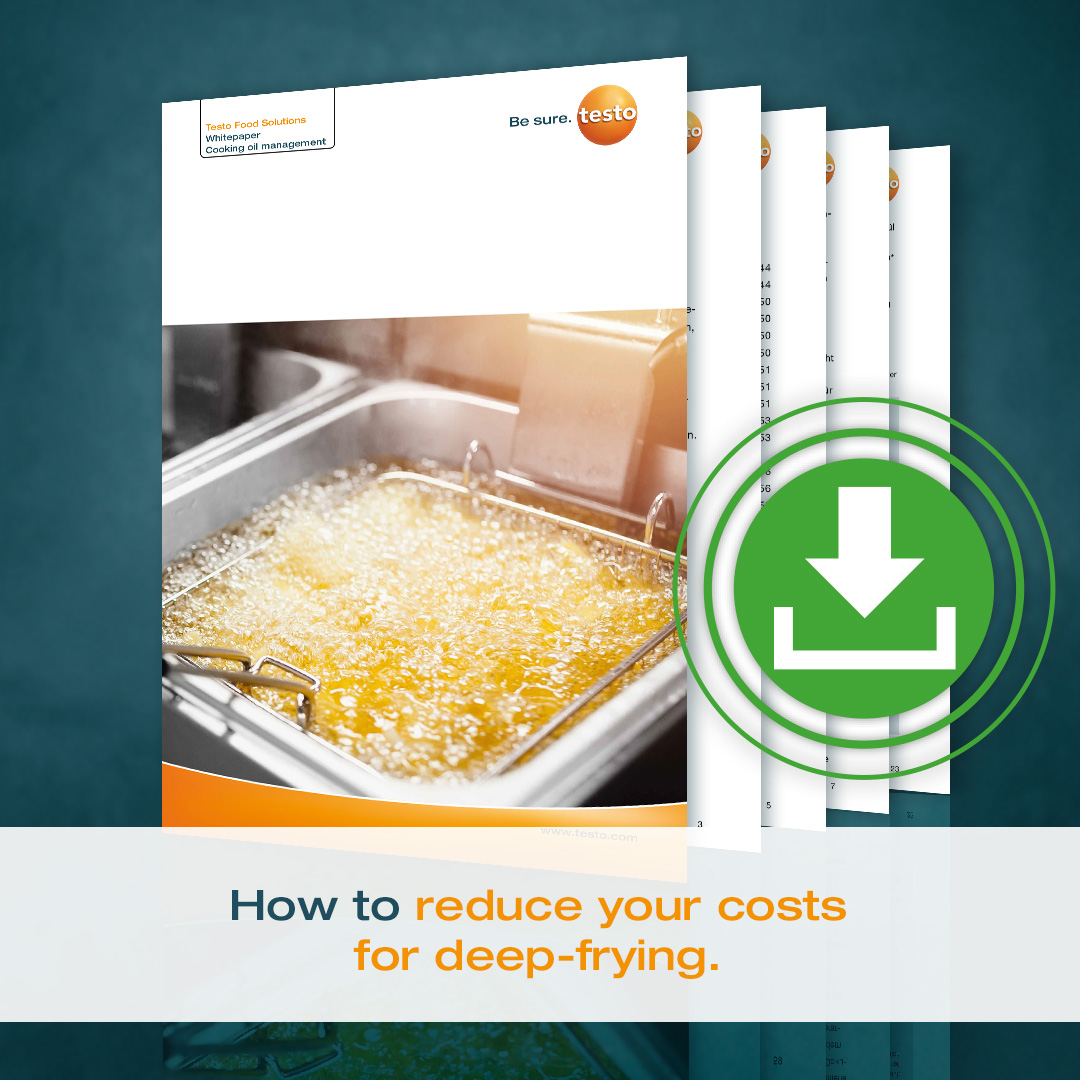 Reduce cooking oil costs while ensuring quality
Reduce cooking oil costs while ensuring quality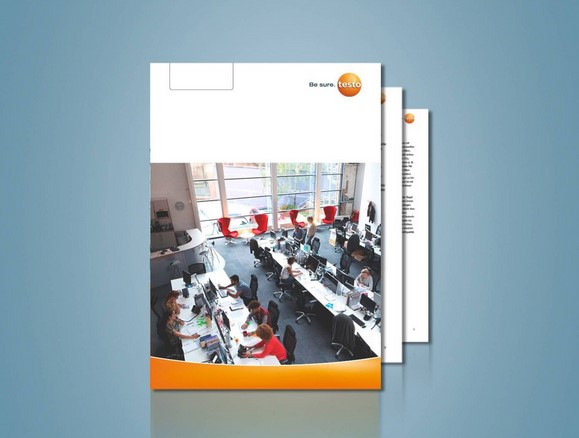 Expert knowledge on CO2 monitoring
Expert knowledge on CO2 monitoring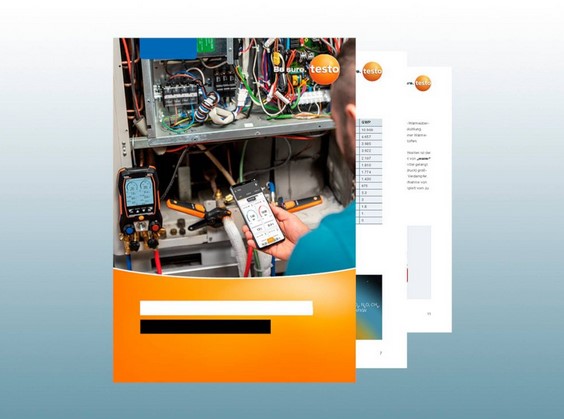 Refrigeration knowledge - in 3 modules
Refrigeration knowledge - in 3 modules



